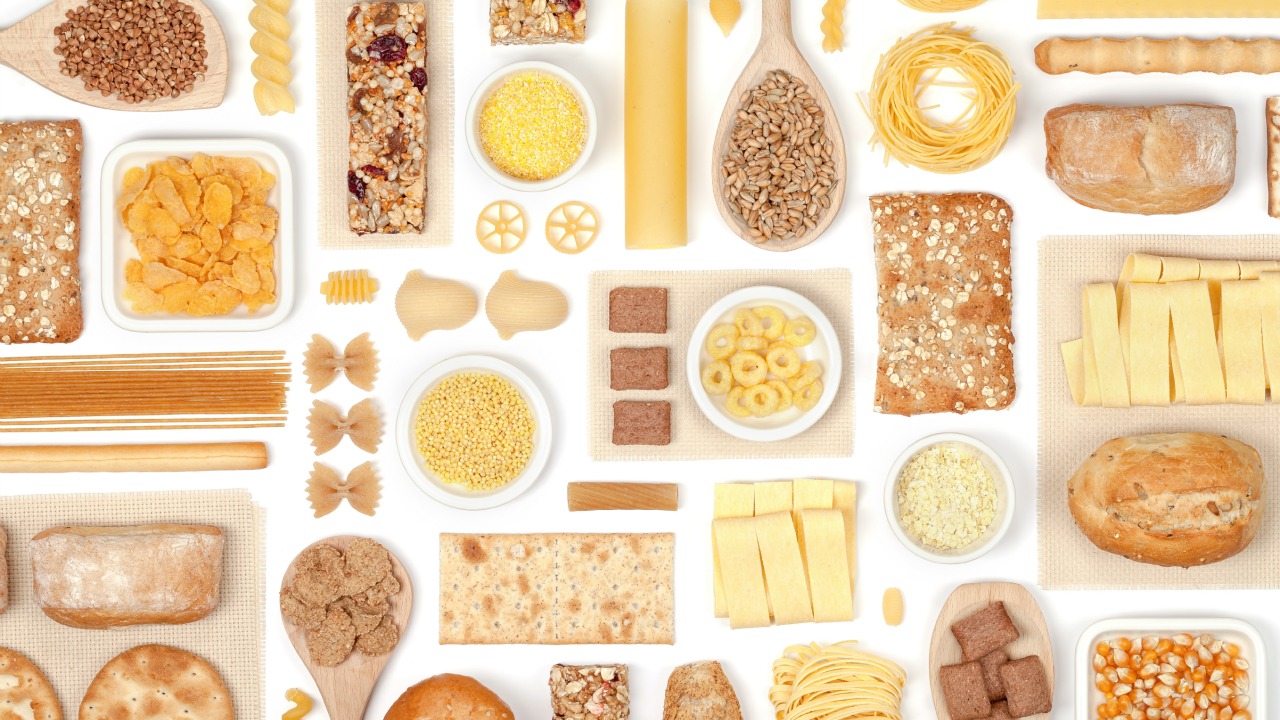The truth about gluten can be hard to discern. Gluten certainly has a bad rap these days as one of the latest health trends is to “go gluten-free.” One 2013 survey shows that a third of Americans are actively trying to eliminate gluten from their diets. It seems that every person has a different reason for jumping on to the gluten-free bandwagon. Gluten has been associated with conditions such as celiac disease, gluten sensitivity, and wheat allergies.
It has also been blamed to exacerbate brain disorders such as schizophrenia, autism, and epilepsy. Not only that, but gluten has also been the scapegoat for excess weight and overall fatigue.
But is the truth about gluten really that simple? It’s evil. Game over. Does gluten really deserve the bad reputation it’s getting? Keep reading.
Truth About Gluten: What is Gluten?
To know the truth about gluten, we of course need to know what it is. Gluten is simply the protein that is primarily found in wheat. It contributes to the elasticity of dough and gives baked wheat products that chewy texture. Gluten can be found in wheat breads as well as whole grain bread, and various baked goods from cakes to pizza crusts to bagels and cookies.
Gluten can also be found in barley and rye products.
Other foods that may be listed on an ingredients list and contain gluten are malt, malt flavoring, and malt vinegar. However, these are usually made from barley and contain gluten.
Truth About Gluten: Should I Go Gluten Free?
So basically, gluten is in a ton of stuff. And there are real and potentially scary medical diagnoses that warrant a strict gluten-free diet. But does that mean I should avoid it? Well, yes and no… and maybe.
Reason #1 to Avoid Gluten: Gluten Allergy
Food allergies are scary. My daughter is allergic to peanuts and the thought that at anytime she can consume a peanut product and will start a chain reaction that is potentially life threatening is unnerving to say the least.
This is the primary reason why I believe you should always read food labels. I will read all the ingredients of a packaged product to ensure the item is peanut free. At the bottom of the list of ingredients on most packaged food products you will find a “CONTAINS: blah, blah, blah”. Those blah, blah, blah’s are super important to people with food allergies. Therefore, if you have a documented wheat allergy it is imperative to avoid all gluten and wheat products.
Reason #2 to Avoid Gluten: Celiac Disease
Another condition that requires a gluten free diet is celiac disease. Celiac disease is an autoimmune condition that is triggered by the ingestion of the gluten protein. It’s similar to an allergic reaction that manifests and inflames the lining of the small intestine. The damage induced by this inflammation prevents absorption of some nutrients, can cause weight issues, bloating, and diarrhea.
There is no cure for celiac disease but it can be managed by a strict gluten free diet. Talk to your healthcare professional if you suspect you may suffer from celiac disease. There are specific diagnostic tests to determine if it is celiac or not.
Reason #3 to (maybe) Avoid Gluten: NCGS
The third and least studied condition that may or may not benefit from a gluten free diet is non-celiac gluten sensitivity or NCGS. NCGS has similar symptoms of celiac disease such as bloating, digestive pain, and fatigue. Those who claim NCGS report lessening of symptoms once gluten is eliminated.
The problem with non-celiac gluten sensitivity is that there have been limited scientific studies on NCGS and even those studies contradict each other.
One study in 2011 by Peter Gibson of Melbourne, Australia supports the diagnosis of non-celiac gluten sensitivity. However, Gibson was not satisfied with the first study as there were many uncontrolled variables.
He followed up with a second study in 2013 and found that symptoms in people with non-celiac gluten sensitivity were just as severe on a gluten-free diet as on a high-gluten diet. The science is contradictory. Literally, one study says gluten is to blame while another study says gluten has nothing to do with the symptoms of NCGS.
Truth About Gluten: So What Should I Do?
So, what is the truth about gluten? In my professional opinion regarding the gluten-free craze: I think it is big business. There are many in the food industry who are merely capitalizing on our growing fear of gluten. We are spending more and more money on foods that aren’t necessary or even harmful.
If you have a diagnosis of celiac disease or wheat allergy, then by all means, live a gluten free lifestyle. These diagnoses are commonly accepted and medical professionals agree that gluten can be toxic to those suffering from these ailments. Read labels and educate yourself on how to maintain a well-balanced diet while eliminating all gluten products.
But the research is still non-conclusive about non-celiac gluten sensitivity. There needs to be more studies to determine if in fact gluten is the root cause for those who suffer the symptoms of NCGS.
Truth About Gluten: Where Things Get Murky
Now, there are many people without celiac disease or a gluten-allergy that have attempted to go gluten free and have noticed better overall health. Some say they have more energy. Others have better control of their blood sugar. And still others claim better bowel health.
I will not argue with someone if they feel that eliminating gluten has been beneficial for their health. I have the stance of “live and let live” when it comes to these individuals. I feel you can maintain a healthy diet without any gluten at all. It can be difficult and takes practice as well as planning.
However, I will not recommend a gluten-free diet to a patient with vague symptoms such as fatigue, bowel irregularity, insomnia, autism, epilepsy, etc. I don’t believe the scientific evidence is strong enough for such a drastic change in lifestyle. If you have personally seen benefits from eliminating gluten, then have at it! I would love to hear your personal stories. But my guess is that the bigger problem is not gluten… but carbs.
Truth About Gluten: The Bigger Problem
The bigger problem facing our culture is we eat too many carbs! Gluten is a carbohydrate. Consequently, most people would see a benefit if they start to cut down on carbohydrates, the same benefits claimed by those who cut out gluten.
Bottom line: For most people, gluten is not evil. The overconsumption of gluten is the real evil. And that’s the truth!
Start looking at the breads/rolls/pastas at your meals as side items and not the entrée.
Focus on the protein rich nutrient sources as well as vegetables and fruits that are high in vitamins and minerals.
When you do eat carbohydrates, in moderation, make sure they are whole grain with the fiber and nutrients intact.
Bottom line: For most people, gluten is not evil. The overconsumption of gluten is the real evil. And that’s the truth!


